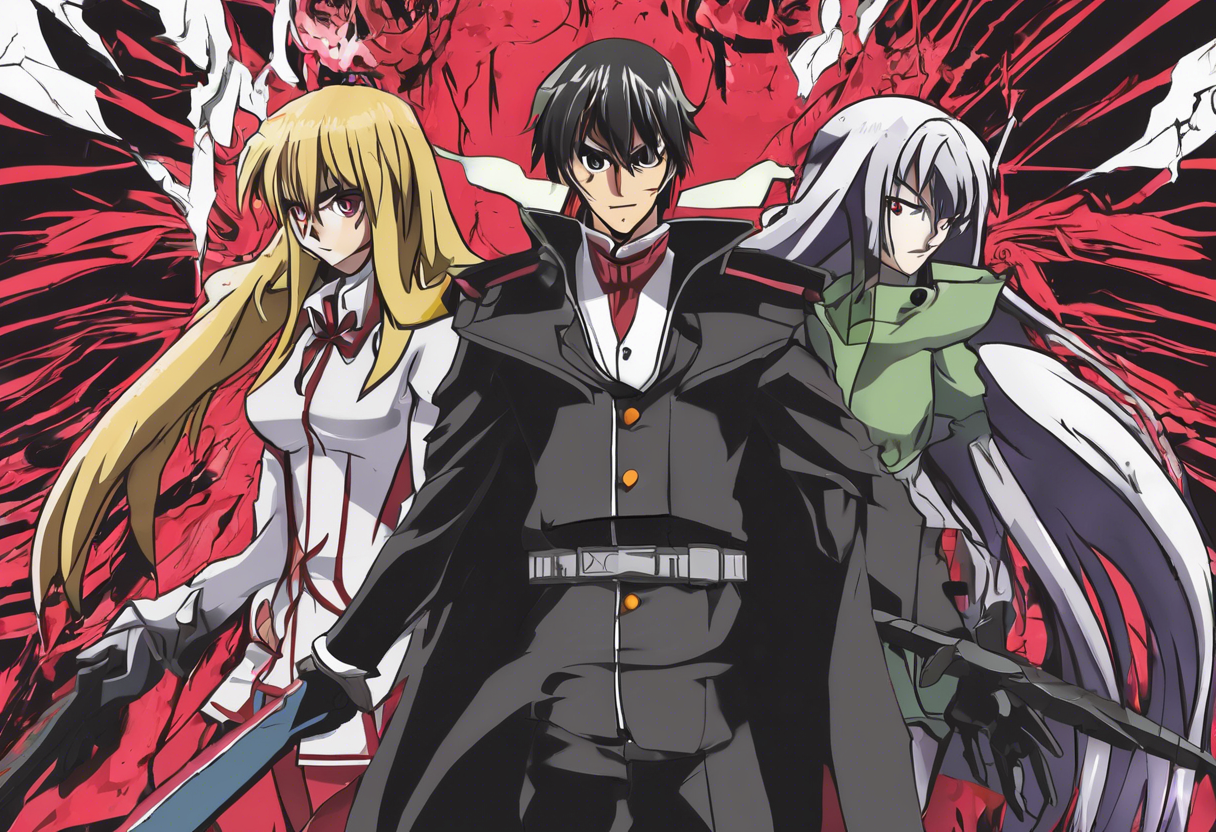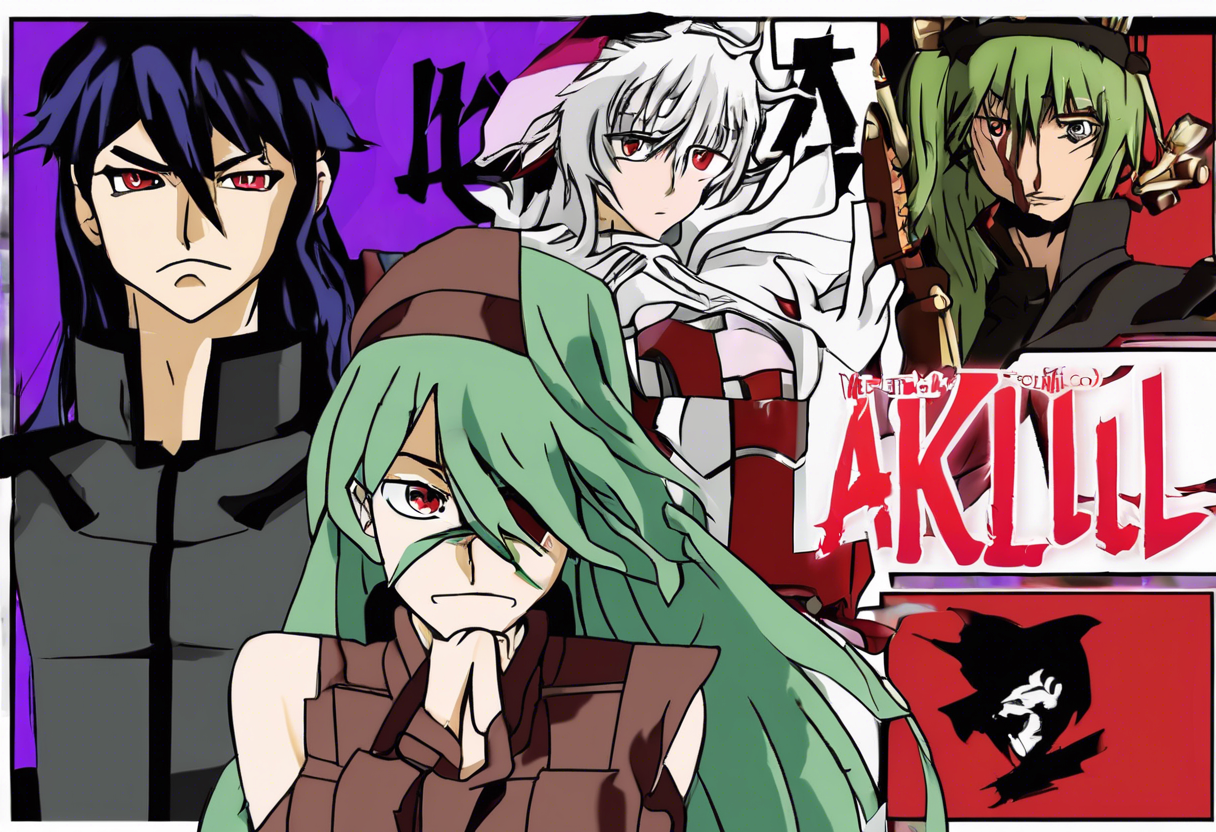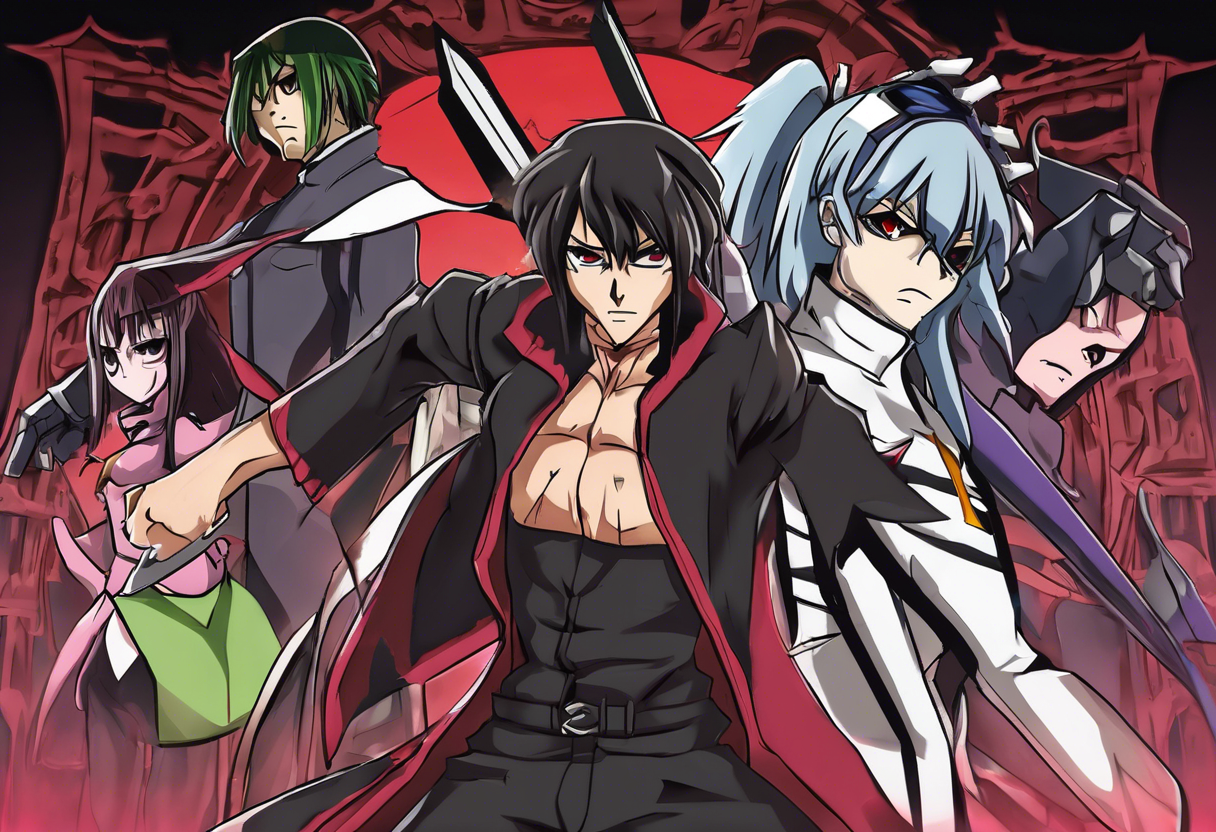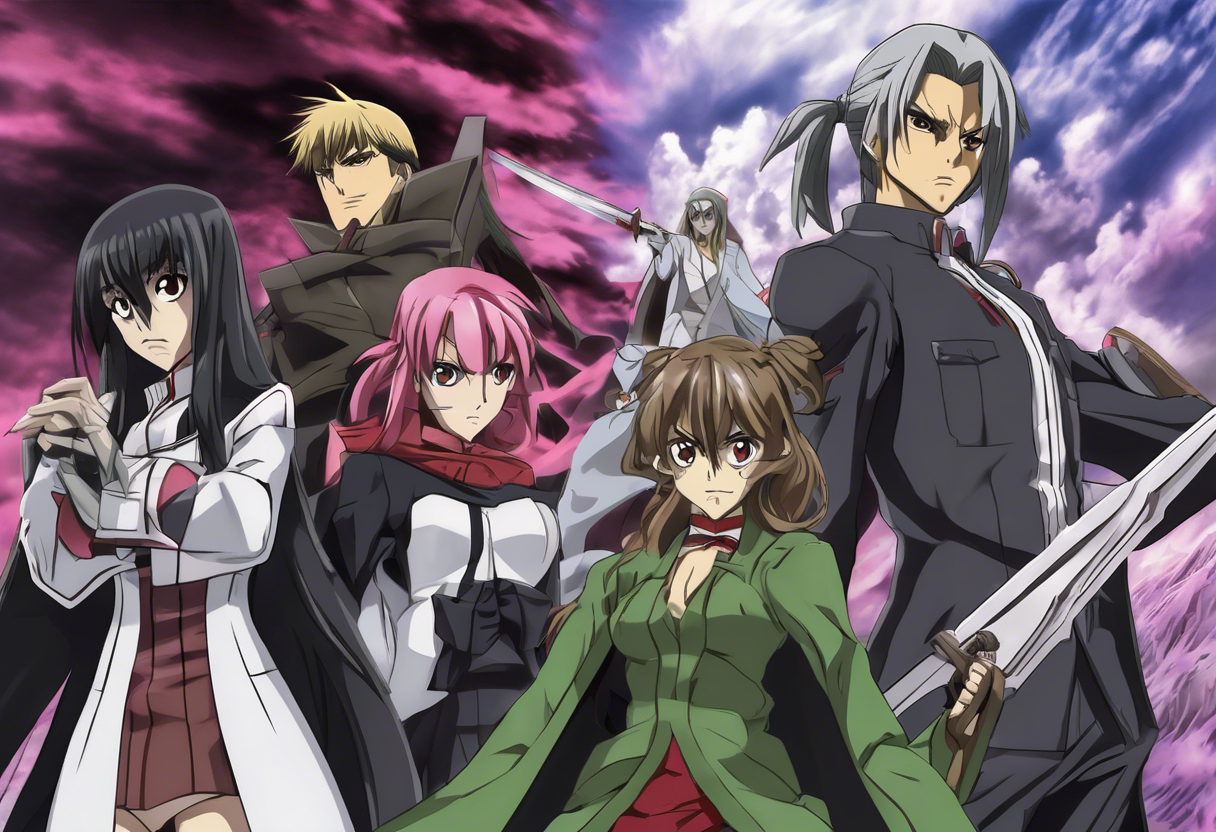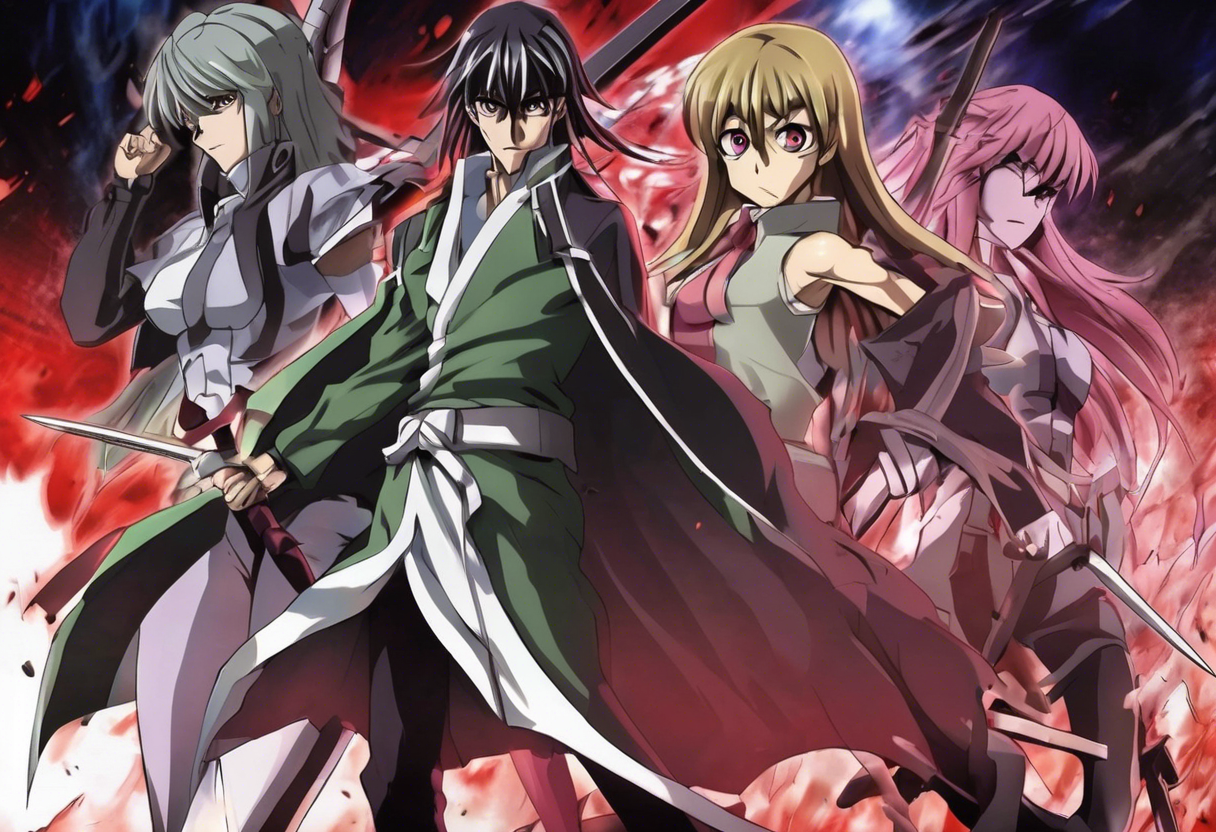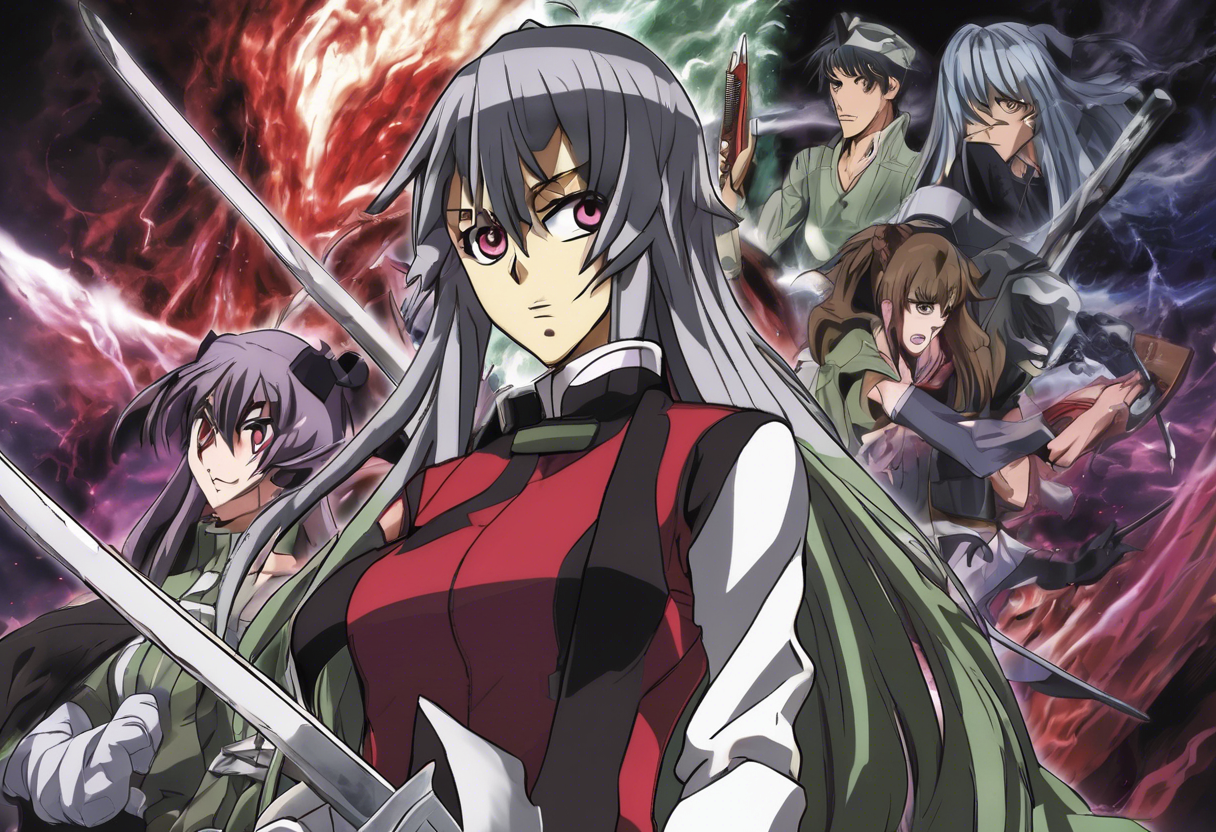Contents
Introduction
Akame ga Kill Episode 13, titled "Kill the Emperor," is a pivotal installment in the anime series adapted from the manga of the same name by Takahiro and Tetsuya Tashiro. This episode, directed by Tomoki Kobayashi and written by Makoto Uezu, was initially released on December 8, 2014. The series, known for its dark fantasy and action elements, stands out in its genre for its intense violence, complex characters, and a narrative that delves deep into themes of morality, power, and the human condition.
Produced by White Fox, the same studio behind other notable anime series like Re:Zero and Steins;Gate, Akame ga Kill benefits from a team of experienced creatives. The series’ production history is marked by its faithful adaptation of the manga, while also introducing some original elements to enhance the storytelling. "Kill the Emperor" is particularly significant as it marks a critical turning point in the series, setting the stage for the final confrontations and resolutions.
Plot Summary
The episode "Kill the Emperor" begins with Tatsumi, Akame, Leone, and Najenda embarking on their final mission to assassinate Honest, the corrupt Prime Minister who has manipulated the Emperor to maintain his power. This mission is the culmination of the rebels’ efforts to overthrow the corrupt government and bring justice to the people.
As the group approaches the palace, they are met with formidable resistance. Run, a powerful Imperial Arms user, confronts Leone, forcing her to stay behind and engage in a fierce battle. Meanwhile, Tatsumi and Akame manage to infiltrate the palace and reach the throne room, where they find the Emperor under Honest’s control.
The Emperor, influenced by Honest, activates his Imperial Arm "Shikoutazer," a colossal 500-feet tall mecha designed to crush any opposition. This behemoth wreaks havoc on the Capital, causing widespread destruction and panic among the citizens. Tatsumi, determined to stop the Emperor and save the people, engages in a desperate battle against Shikoutazer.
Wave, another key character, joins Tatsumi in this fight, adding his strength to the battle. Despite the odds, Tatsumi manages to strike the core of Shikoutazer, unlocking the true power of his own Imperial Arm, Incursio. With this newfound power, Tatsumi delivers a decisive blow to Shikoutazer, destroying it and saving the Capital from further destruction.
However, this victory comes at a great cost. Tatsumi, using his last ounce of strength to ensure the mecha does not fall on the citizens, succumbs to his injuries and dies in Akame’s arms. This moment is a poignant culmination of Tatsumi’s journey, highlighting his selflessness and dedication to protecting others.
Throughout the episode, the characters’ development is evident. Akame, who has struggled with her past and her role as an assassin, finds herself deeply affected by Tatsumi’s sacrifice. Leone’s battle with Run showcases her strength and loyalty, while Najenda’s leadership and strategic thinking are crucial in the mission’s success.
The setting of the Capital, often depicted as a place of corruption and oppression, is transformed into a battleground where the fate of the nation is decided. The narrative arcs of the characters intersect here, leading to a climax that is both emotionally charged and action-packed.
The central conflict of the episode revolves around the struggle for power and the moral dilemmas that come with it. Honest’s manipulation of the Emperor and the use of Imperial Arms to maintain control are starkly contrasted with the rebels’ fight for justice and freedom. This conflict is not just physical but also ideological, highlighting the series’ themes of morality, sacrifice, and the true cost of power.
Themes and Symbolism
"Kill the Emperor" is rich in themes and symbolic elements that enhance its storytelling and resonance with audiences. One of the central themes is the cost of power and the moral implications of seeking it. The Emperor’s transformation into a tool of destruction under Honest’s control symbolizes the corrupting influence of power and the dangers of unchecked authority.
The character of Tatsumi, who sacrifices himself to save others, embodies the theme of selflessness and the importance of putting the greater good above personal interests. His relationship with Akame and the other members of Night Raid underscores the power of human connections and the bonds that form in the face of adversity.
The Imperial Arms, particularly Shikoutazer, serve as symbols of the destructive potential of advanced technology when used for malicious purposes. The battle against Shikoutazer represents the struggle against oppressive forces and the need for courage and determination in the face of overwhelming odds.
The episode also explores the theme of sacrifice, highlighting how characters must make difficult choices to achieve their goals. Tatsumi’s death is a powerful example of this, showing that true heroism often requires the ultimate sacrifice.
Cultural Impact
"Kill the Emperor" had a significant cultural impact upon its release, resonating with audiences for its intense action sequences, emotional depth, and thematic richness. The episode’s climax, particularly Tatsumi’s sacrifice, was widely discussed among fans and critics, marking a turning point in the series that would be remembered long after its conclusion.
The influence of Akame ga Kill can be seen in other anime series that followed, with many incorporating similar themes of morality, power struggles, and the consequences of violence. The series has also been referenced in various forms of media, including fan art, cosplay, and fan fiction.
Critical Reception
"Kill the Emperor" received mixed but generally positive reviews from critics and audiences. The episode was praised for its intense action, emotional impact, and the culmination of character arcs. However, some critics felt that the pacing was rushed and that certain plot points were resolved too quickly.
The controversy surrounding Tatsumi’s death was a major point of discussion, with some viewers feeling that it was too sudden or unjustified. Despite this, the episode’s emotional resonance and thematic depth were widely acknowledged, making it a standout in the series.
Legacy
The legacy of "Kill the Emperor" lies in its enduring impact on the anime genre and its continued relevance to audiences. The episode’s themes of power, morality, and sacrifice continue to inspire filmmakers and artists, making it a seminal work in the field of anime.
Akame ga Kill as a whole has left a lasting impression on fans, with "Kill the Emperor" being one of its most memorable and impactful episodes. The series’ influence can be seen in subsequent anime productions, and it remains a favorite among fans of dark fantasy and action anime.

